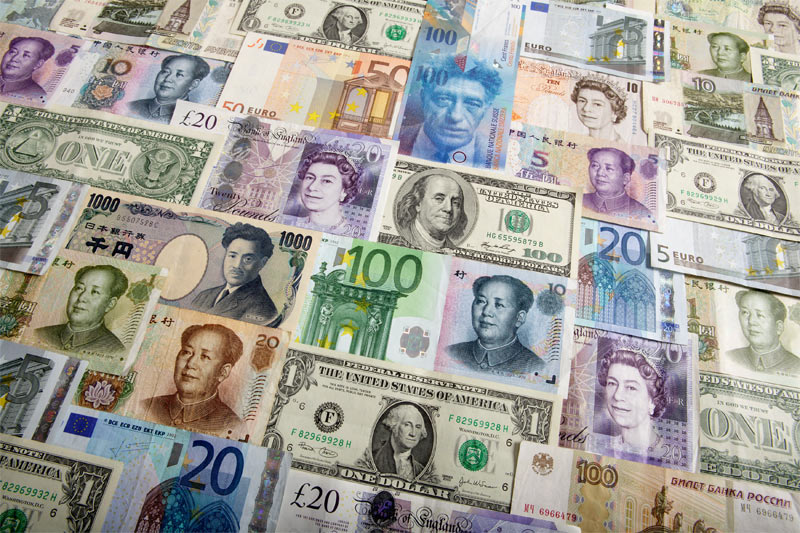By Charlotte Greenfield and Naomi Tajitsu
SYDNEY/WELLINGTON, July 8 (Reuters) - The Australian dollar skidded to a new six-year low on Wednesday as falling iron ore prices and a further drop in Chinese stocks spooked a market already shaken by Greece's debt crisis.
The Aussie, often used as a liquid proxy for China plays, slumped as deep as $0.7390 AUD=D4 , surpassing the overnight low of $0.7398. It has since edged back to $0.7411.
"Any risk-off sentiment that's particularly related to China will see the Aussie get hit pretty hard," said Sue-Lin Ong, head of Australia and New Zealand FIC strategy at RBC Capital Markets.
"The most pressing factor at the moment is developments in key commodity prices in China. Iron ore fell overnight. Asian equity markets in China have opened up much weaker this morning," she added.
Chinese iron ore futures plunged nearly 8 percent to a record low as the selloff in China-traded commodities showed no sign of letting up amid a bearish view on the economy and following steep losses in equities. ID:nL3N0ZO19A
Chinese stock markets tumbled again as investors shrugged off a series of support measures by Chinese regulators, including the central bank's first public statement in support of the market since it cut interest rates in late June. ID:nL3N0ZO1GF
The Aussie also lost ground against the safe-harbour yen, reaching a three-month trough near 90.20 yen AUDJPY=R .
The New Zealand dollar NZD=D4 hit a five-year low of $0.6620 in offshore trade, before trimming losses to trade around $0.6643, just a touch softer on the day.
Broad weakness kept the kiwi near multi-year lows against the yen NZDJPY=R and sterling GBPNZD=R while its trade-weighted index =NZD lingered around 70.45, near a three-year low of 70.10 hit on Monday.
Risk-averse investors continued to stay away from both Antipodean currencies on concerns that a final decision on Greece's future in the euro zone expected later this week may ramp up market volatility.
Further weighing on the kiwi are growing signs that New Zealand's stellar economic growth of the past two years is slowing, raising the possibility that interest rates will continue to fall in the coming months.
Given the risk-off mood, demand for safe-harbour government bonds was clear.
New Zealand government bonds 0#NZTSY= rose, pushing the yield on two-year notes NZ2YT=RR down 2.5 basis points to a two-year low of 2.68 percent, while yields on longer-dated debt fell 3.5 basis points.
Australian government bond futures were sharply higher, with the three-year contract YTTc1 rising 9 ticks to 98.130. The 10-year contract YTCc1 rallied 13 ticks to 97.1800. (Editing by Christopher Cushing)
